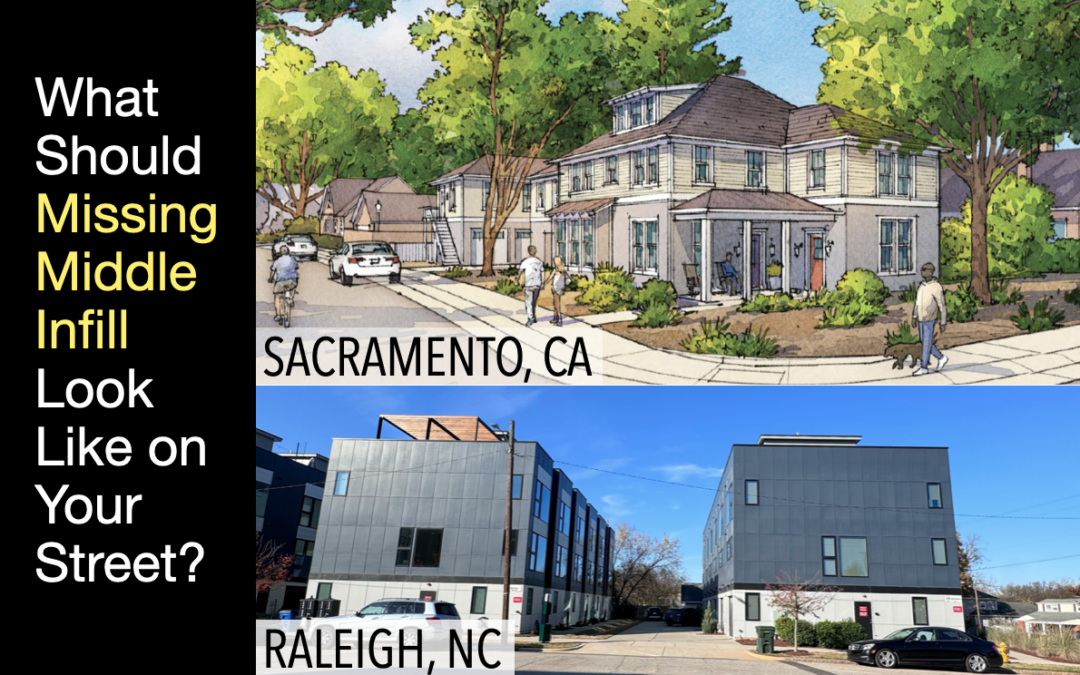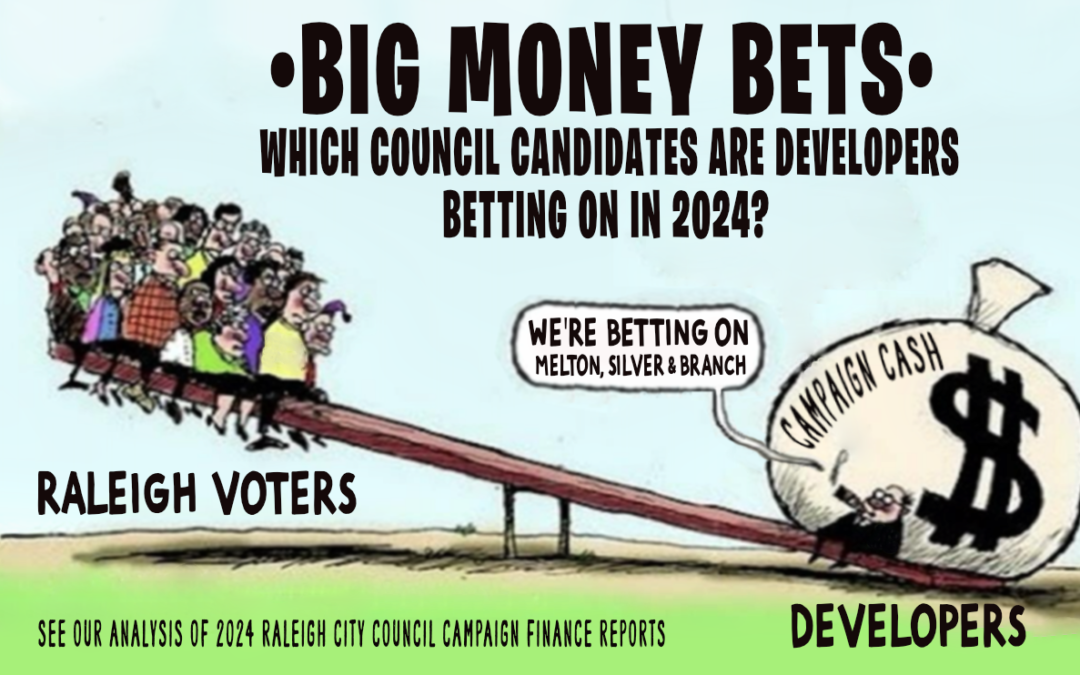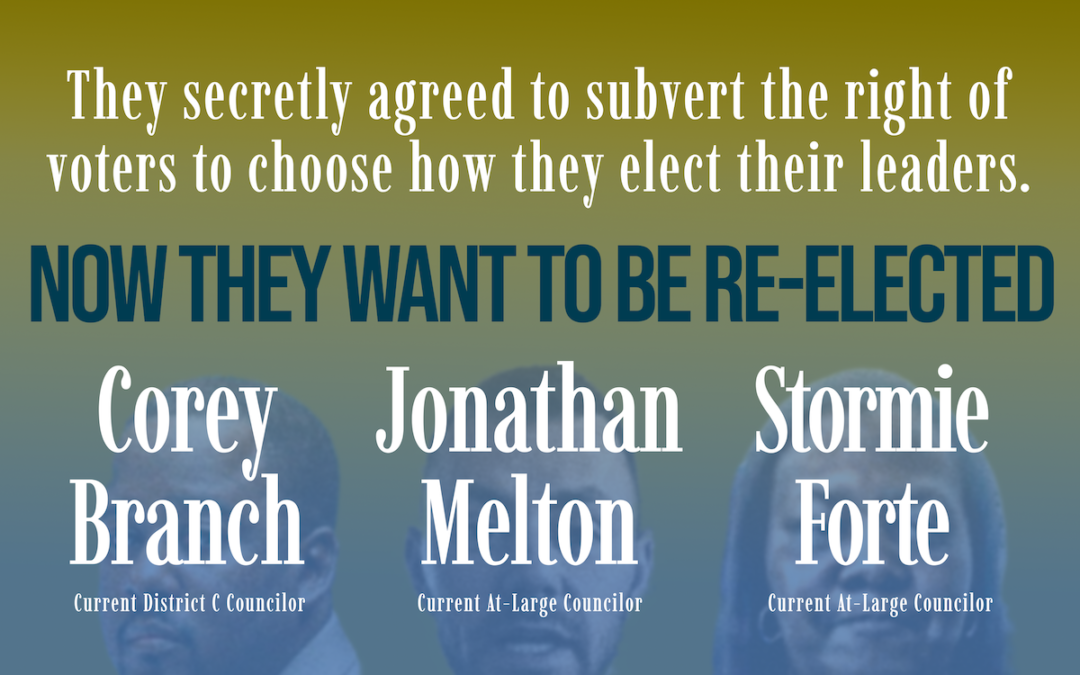
by S | Jan 24, 2025 | Blog
Day two of Council’s annual retreat kicks off on January 25th with a discussion of affordable housing. It will be interesting to see if Mayor Cowell can convince her fellow Councilors to move beyond the kinds of fuzzy math that has concealed the real size and causes of Raleigh’s affordable housing crisis. Effective solutions will be fact-based, data driven and will reform current growth rules that promote the loss of five thousand affordable units each year.

by S | Nov 21, 2024 | Blog
Livable Raleigh and other proponents of Missing Middle best practices have lobbied Council for years to engage in a community conversation toward adopting Missing Middle infill improvements on the books in other peer cities that actually promote affordability, compatibility and walkable transit access. The latest, and perhaps best rules so far, have been adopted by Sacramento, CA.

by S | Oct 30, 2024 | Blog
In the race for the top developer donations, Raleigh City Council candidates Jonathan Melton, Mitchell Silver or Corey Branch, are the clear developer favorites. Livable Raleigh’s analysis of NC Campaign Finance Reports show that more than 50% of these candidates’ donations – over $88,000 for Melton and $72,000 for Silver – came from development industry donors alone, with many individuals giving the maximum $6,400. One thing is certain: developers don’t hand out thousands of dollars in donations unless they expect serious payback. And sadly, it shows.

by S | Oct 29, 2024 | Blog
Livable Raleigh’s new 2024 citywide poll of registered Raleigh voters conducted by nationally recognized professional polling firm Public Policy Polling was published Tuesday, July 23. You can read our press release here: Voter confidence falls
There are some disturbing trends highlighted in the results in 2024 as compared to 2022. Here we compare 5 questions that were asked in 2022 and asked again in 2024:

by S | Oct 25, 2024 | Blog
To date, Councilors Melton, Branch and Forte have offered no public apology or explanation for their secret decision to give themselves an extra year in office without any public notice, public comment, or public vote.





